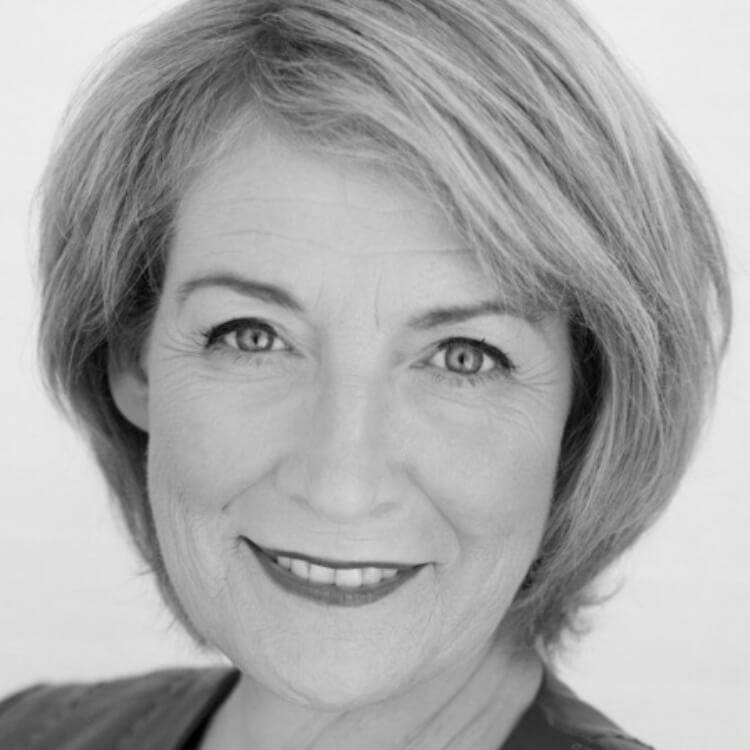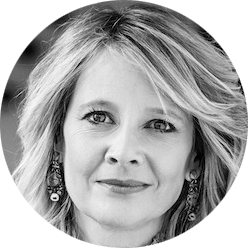Women at the helm
MCUW1
Women make up half the world and yet they still have to struggle to thrive in an environment that is sometimes too male-dominated. In the US, according to Forbes, only 3% of women have access to venture capital funding. According to CNBC men in remote work were promoted three times more than women with children in 2020.
Women have made important progress in leadership roles. But their need to combine work and family life continues to take its toll. Hence they are on average 10% more prone to burnout than men. This figure in the Netherlands should correspond to approximately 800.000 women suffering from this condition in some way. In Belgium the number of women suffering from work-related stress has grown by 40% over the last 4 years.
And yet women have unique qualities for performing any professional activity: they are more organized and methodical, better at multitasking, they can interpret verbal and non-verbal communication more easily. A study conducted by Gallup has shown that women (due to their greater communication skills and emotional intelligence) do much better than men at promoting engagement in the workplace.
Women can bring to any business an important insight on consumers representing a huge share of the buying power. Diversity has been shown to foster creativity and innovation. A diverse and inclusive work environment contributes to increasing the chances of success of any endeavour.
The question is why in some fields of business and politics women still do not have access to the same resources and power as men. To address this issue, we have adapted our Executive Training programme “Creating Fluidity” to the specific challenges of women. Among the general subjects we also include these topics:
The way we work
Individuals in their context
We focus on organisations and people in the framework of their careers. We follow a holistic approach, bring together state-of-the-art management knowledge with behaviour, perceptions and emotions. No lasting result will be achieved otherwise.
Understand uniqueness
While there are common patterns in the way individuals and businesses operate, no change process can work without taking into account what sets them apart. That’s why we tailor our programmes to each client’s context beforehand.
No genies in the bottle
We don’t believe in the coach who has answers for everything. Our programmes are crafted by a team of people from different areas, experiences and sensibilities.
Full flexibility
Most of our programmes can be delivered in a variety of formats: online, on-site and hybrid. They are available for individuals or teams. Content and duration can also be adjusted as needed.
Immersive learning
We want to unleash the learner’s ability to 100% engage in challenges that put him in a world where things happen and have consequences. Gamification, real-time interactions, dynamic self-assessment are some of the tools we use.
Delivery

The way we deliver our programmes is tailored to each client’s request: individually, for a specific team or for those responsible for the organisation, covering different areas. A mixed scheme is also possible, where part is group-centred and part person-centred. The contents are adjusted accordingly.
About LfA
We are committed to ensuring that our assessment, training and consultancy services have a tangible and lasting effect on the transformation of people and organisations. We put the real-life interaction between these two parties at the centre of our work.
Acquiring new concepts and ideas or understanding personal context is only the beginning of the journey. The most important thing is that this first step can lead to an effective action for change, both individually and in the group. At the end of the whole process, automatisms should be created so that each individual is able to lead others, or at least bring into play a positive influence for their team.

Our method focuses on the most critical and energy-consuming part: applying what has been learned to everyday reality in a systematic way, avoiding a return to old practices. Our aim is to increase each individual’s performance and levels of achievement and satisfaction.
If people are not able to properly use on the shop floor or in the office the tools and procedures to effectively perform their role, they will not be able to avoid burnout and loss of focus. Everything they have learned will have been useless.
The three-step approach

In the most critical phase of Execution, together with the client’s team, we define goals to be achieved and monitor their execution. In case of deviations, we suggest corrective measures. Therefore, after the advisory and training phase, we do not leave our clients to their own devices: we try to support their progress and help them to establish the necessary procedures to evaluate their performance in an informed and critical manner.
Our commitment on achieving practical results from our work is reflected in this service that we provide free of charge to our business clients: a 6-month period in which we help them define and monitor their OKRs*.
- This offer is only available in selected programmes. Contact us for more information.
Topics overview
1 Emotions at the core. Becoming emotionally fit to deal with challenges and setbacks. Upgrading your soft skills. Resilience build up.
2 Forward thinking and action. Creating a vision and goals that can be understood by your team or audience. How to develop a more creative and original attitude. How to consistently take the steps from thinking to doing.
3 Effective communication. Tackling the imposter syndrome. Building self-confidence. Think clearly to communicate clearly. Improving active listening skills. How to develop a persuasive communication.
4 Team building. Providing extra motivation and engagement to people working together with you. Tools to foster team’s effectiveness and autonomy. How to implement a culture of permanent improvement and simplification of the decision-making process.
5 Leadership. The path to a position of power. The 11 Cs that establish a soft leadership approach – character, charisma, conscience, conviction, courage, communication, compassion, commitment, consistency, consideration, and contribution. The importance of inspiring over ruling.
6 Networking. A grid in the dual role of information source and growth of influence and reach. Techniques and tools to strengthen connections. Strategies to overcome barriers to entry. Pitching strategies. Mistakes to avoid.
7 Dealing with uncertainty. How not to fear the unexpected. Building cognitive flexibility. Tools to increase responsiveness to change, both personally and in the organisation.
8 Unburning out. Work-life blend while giving room for both to breathe. Workplace stressors: what can be done. Stop fighting what you can’t win. Decluttering. The power of the group. Keeping up with your passions.
Target audience
The Team

Caroline Schippers
Caroline followed an education for publishing and worked in various positions at international publishers. Later she made a career switch as a live coach and team coach at management and board level.

Emma Becker
Graduated from RWTH Aachen University. Emma has worked as psychologist for over 20 years, first in HR departments and then as a coach on motivation and leadership.

Tessa de Buysere
Graduated from Solvay Business School. She worked for over 25 years as a Human Resources Manager. Tessa helps managers to find effective solutions to their leadership challenges.
This is the team in charge of developing the contents of this programme. Robert Green is the coordinator and will be your interlocutor for the customisation of the modules, delivery format and workload definition. Press the button below for any question you want to ask.
The process*
- The above outline refers to the extended version of the programme. It does not apply to the compact version, if available.
